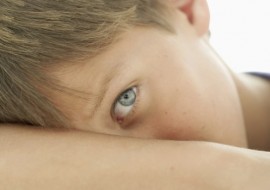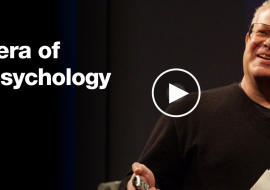Grief and bereavement means, literally, to be deprived by death. After someone close to you dies, you go through a process of mourning. Numbness, anger and sadness can all be part of that process. Bereavement can also cause physical reactions including sleeplessness, loss of energy and loss of appetite. Your feelings of grief can also be triggered by the loss of a job or pet and also things like a relationship breakdown. Being diagnosed with a terminal illness or caring for someone who is dying can also lead to feelings of grief.
When someone is bereaved, they usually experience an intense feeling of sorrow – grief. People grieve in order to accept a deep loss and carry on with their life. Experts believe that if you do not grieve at the time of death, or shortly after, the grief may stay bottled up inside you. This can cause emotional problems or physical illness later on. Working through your grief can be a painful process, but it is often necessary to ensure your future emotional and physical well-being. If you think that you might need a bit of help coping with grief and bereavement, please give Links for Life Psychology a call.








